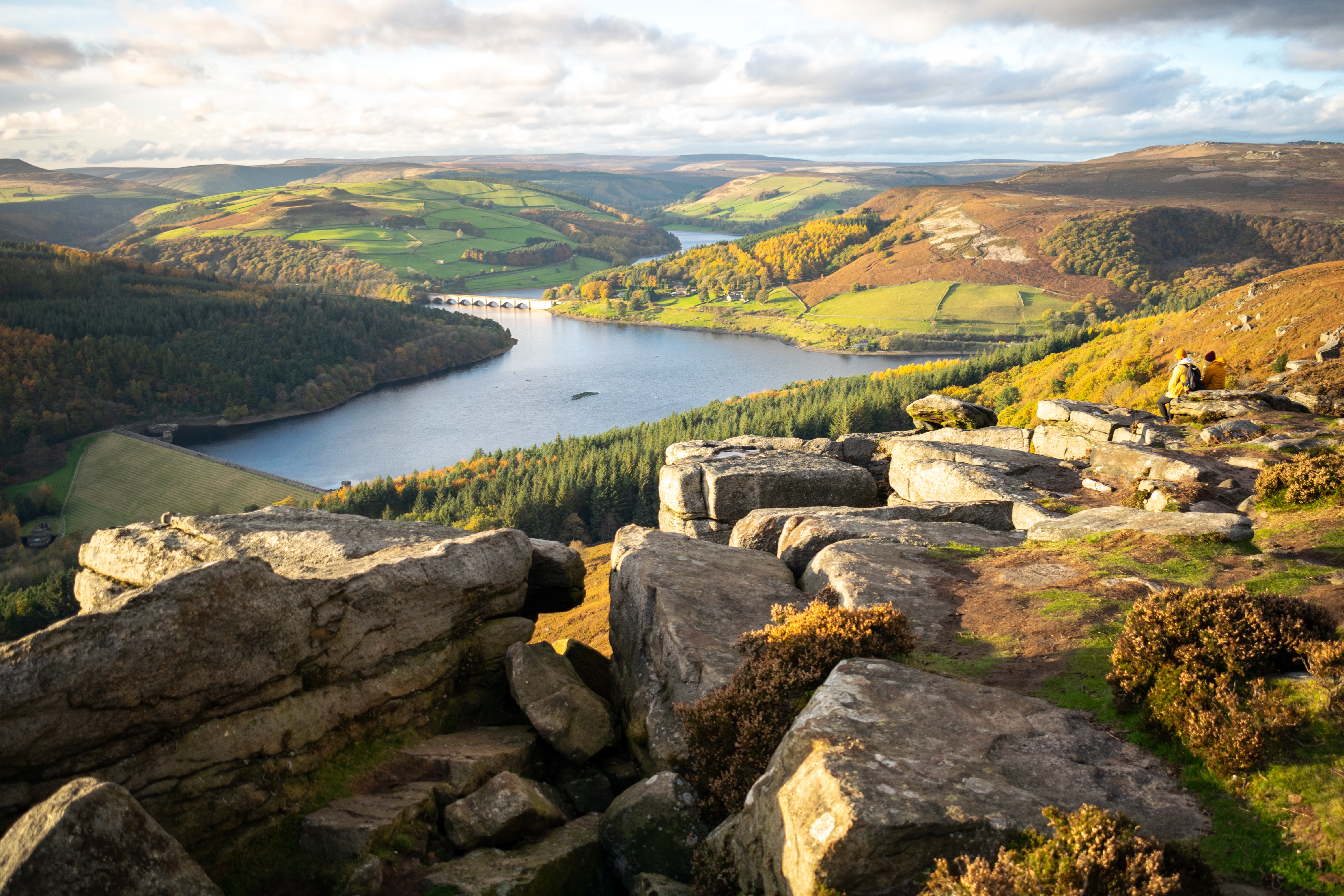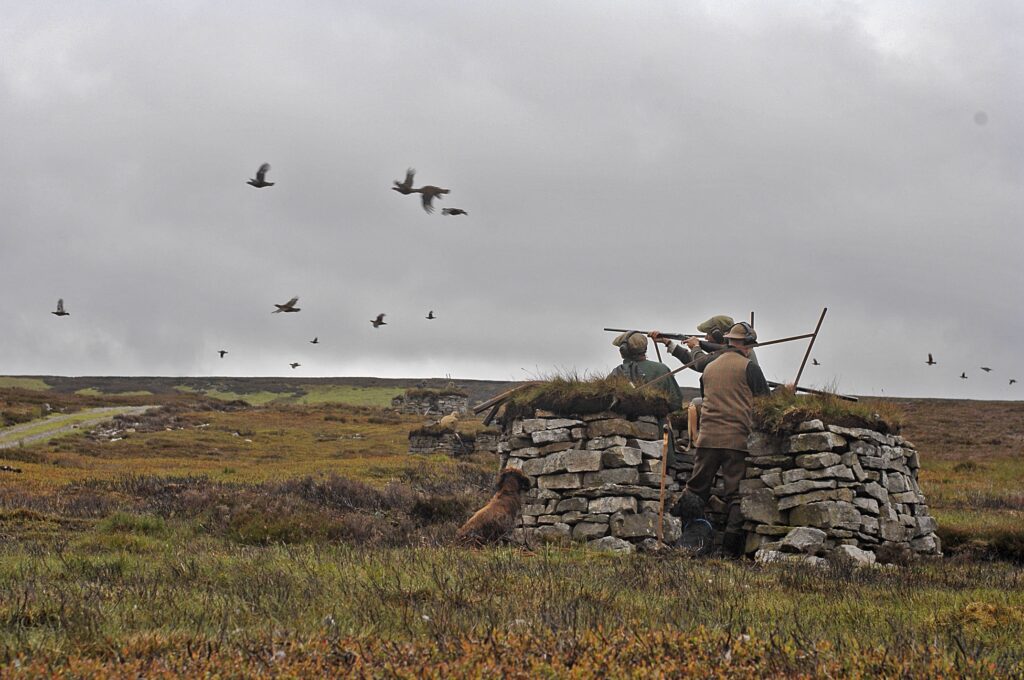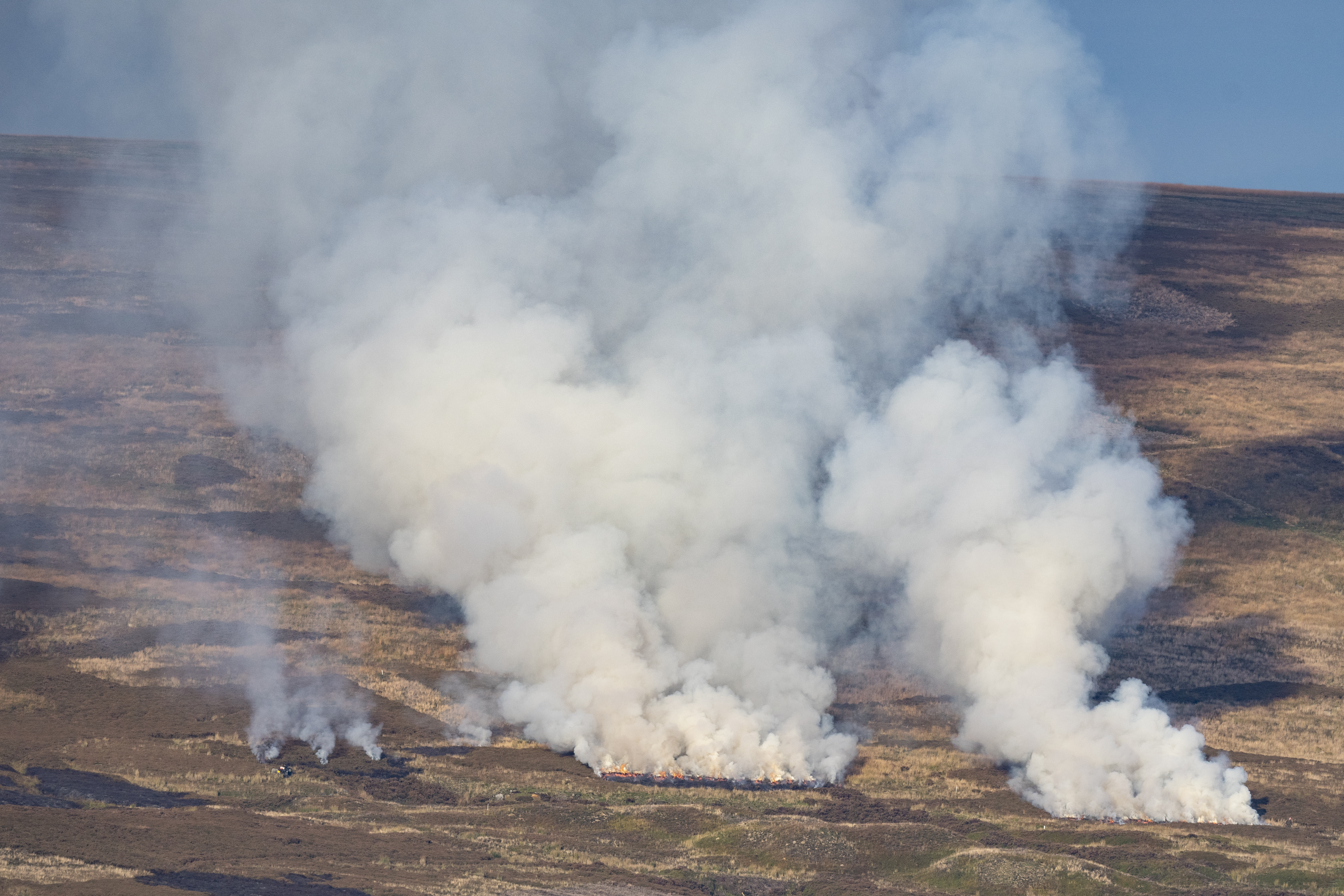Wild Moors focuses on transforming an area of uplands the size of Greater London, which is currently intensively managed for grouse shooting, by eradicating harmful practices and driving regeneration of the natural environment. We are working on solutions to bring about lasting, systemic changes to restore the uplands and develop ideas for the next generation of landowners and policy makers.
Major landowners

Established in 2014, our flagship programme has been committed to developing practical ways for some of the UK’s largest landowners to discontinue grouse shooting on their moorlands and actively restore the upland environment. By highlighting the detrimental impacts of grouse shooting agreements, including wildlife persecution and environmental harm, we have successfully influenced policy changes among landowners responsible for overseeing more than 54,000 acres of upland landscapes.
Grouse moor licensing

Our work on grouse moor licensing seeks to fill a major gap in the current legal framework by requiring owners or managers of grouse moors to obtain a licence to provide grouse shooting on their land, a consent which can be restricted or withdrawn in the event of wildlife persecution or environmental harm. The programme has secured early progress with Labour, the Liberal Democrats and Green Party uniting behind introduction of grouse moor licensing in England.
Ban the burn

Grouse moor management involves burning heather on peatlands to provide younger, fresher vegetation to be eaten by game birds. But this practice has dire consequences for wildlife and the environment. We want to see an end to this ecologically destructive practice and for peatlands to be restored.
Since 2019, Wild Moors has presented powerful research and investigations into the scale and intensity of burning on sensitive peat moors to policy makers. Our work has contributed to the UK Government introducing a ban on burning of landscapes made up of deep peat, which are some of the most important peatland sites, although shallower peatlands remain exempt from the rules. This is despite them needing to be restored to a healthier, wetter and deeper state to help tackle climate change, provide homes for vulnerable wildlife and provide a natural flood barrier for local communities. Wild Moors continues to call for the practice of burning peat moorlands to be stopped altogether.